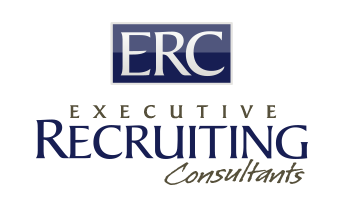
Make a Good First Impression on Interviews
Here’s what you should keep in mind the day of the interview and immediately afterward.
Before the Interview
Be on time. Being on time (or early) is usually interpreted by the interviewer as evidence of your commitment, dependability, and professionalism.
Be positive and try to make others feel comfortable. Show openness by leaning into a greeting with a firm handshake and smile. Don’t make negative comments about current or former employers.
Relax. Think of the interview as a conversation, not an interrogation. And remember, the interviewer is just as nervous about making a good impression on you.
During the Interview
Show self-confidence. Make eye contact with the interviewer and answer his questions in a clear voice. Work to establish a rapport with the interviewer.
Remember to listen. Communication is a two-way street. If you are talking too much, you will probably miss cues concerning what the interviewer feels is important.
Reflect before answering a difficult question. If you are unsure how to answer a question, you might reply with another question. For example, if the interviewer asks you what salary you expect, try answering by saying “That is a good question. What are you planning to pay your best candidate?”
When it is your turn, ask the questions you have prepared in advance. These should cover any information about the company and job position you could not find in your own research.
Do not ask questions that raise red flags. Ask, “Is relocation a requirement?”, and the interviewer may assume that you do not want to relocate at all. Too many questions about vacation may cause the interviewer to think you are more interested in taking time off than helping the company. Make sure the interviewer understands why you are asking these questions.
Show you want the job. Display your initiative by talking about what functions you could perform that would benefit the organization, and by giving specific details of how you have helped past employers. You might also ask about specific details of the job position, such as functions, responsibilities, who you would work with, and who you would report to.
Avoid negative body language. An interviewer wants to see how well you react under pressure. Avoid these signs of nervousness and tension:
- Frequently touching your mouth
- Faking a cough to think about the answer to a question
- Gnawing on your lip
- Tight or forced smiles
- Swinging your foot or leg
- Folding or crossing your arms
- Slouching
- Avoiding eye contact
- Picking at invisible bits of lint
After the Interview
End the interview with a handshake and thank the interviewer for his or her time. Reiterate your interest in the position and your qualifications. Ask if you can telephone in a few days to check on the status of your application. If they offer to contact you, politely ask when you should expect the call.
Send a “Thanks for the Interview” note. After the interview, send a brief thank-you note. Try to time it so it arrives before the hiring decision will be made. It will serve as a reminder to the interviewer concerning your appropriateness for the position, so feel free to mention any topics discussed during your interview. If the job contact was made through the Internet or e-mail, send an e-mail thank-you note immediately after the interview, then mail a second letter by post timed to arrive the week before the hiring decision will be made.
Follow up with a phone call if you are not contacted within a week of when the interviewer indicated you would be.

